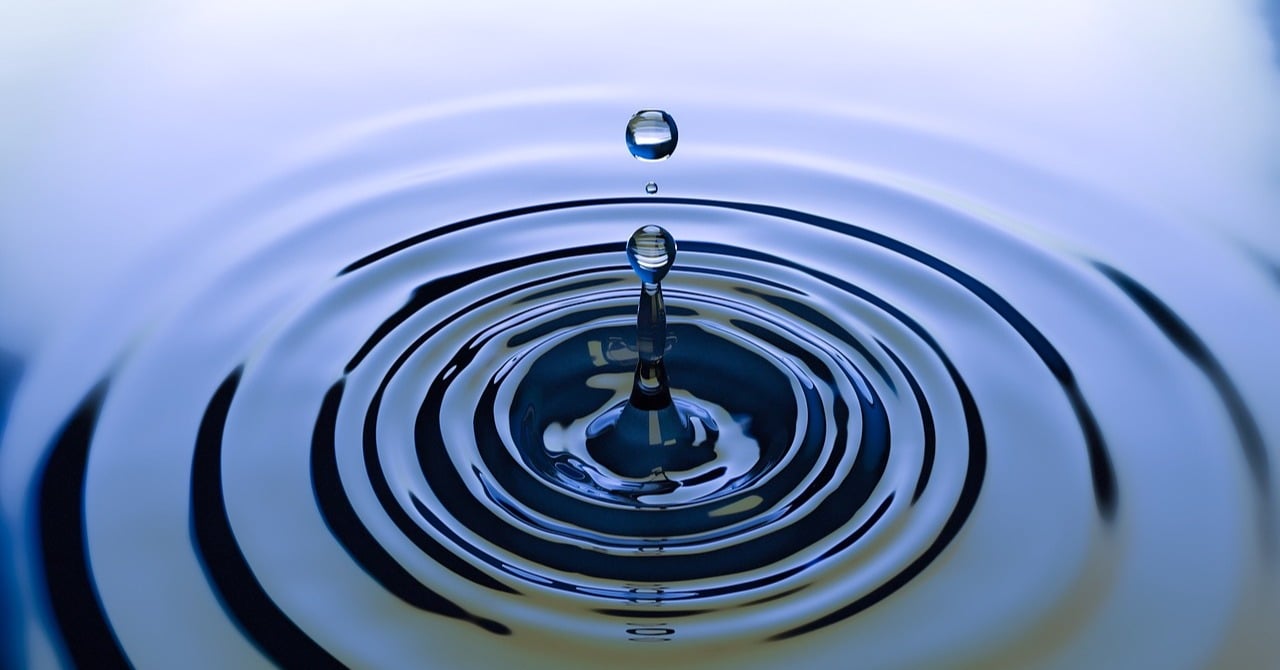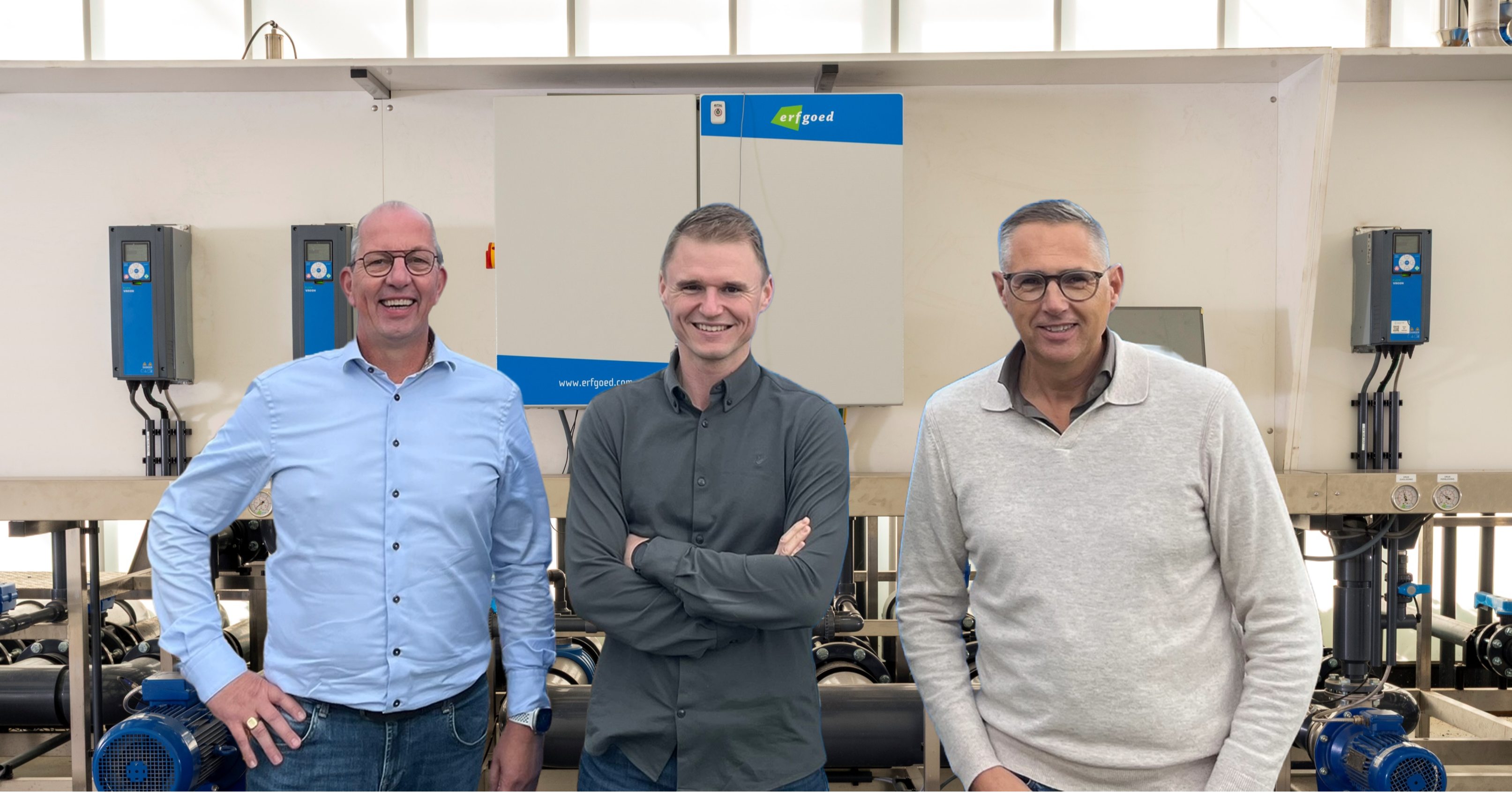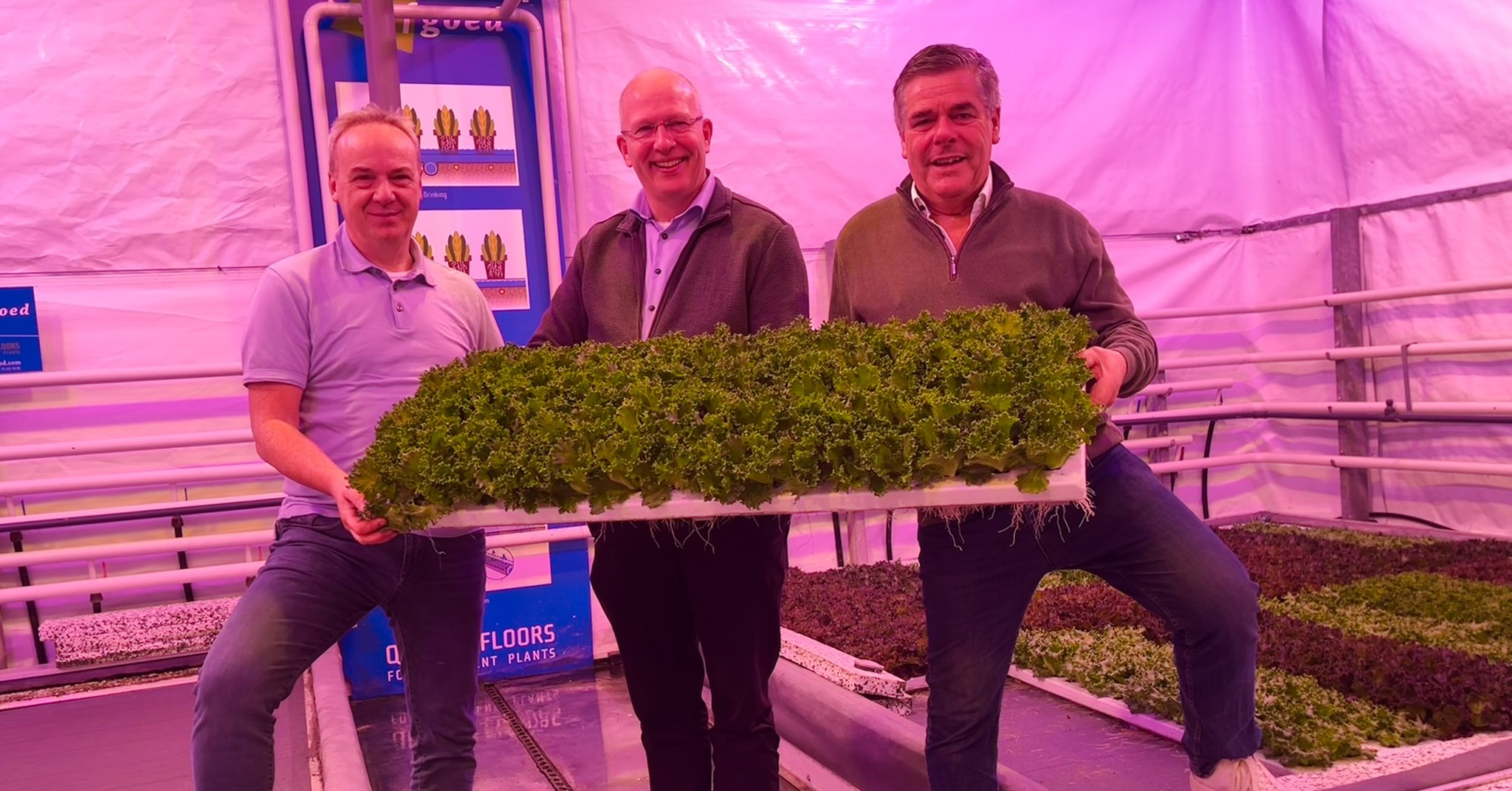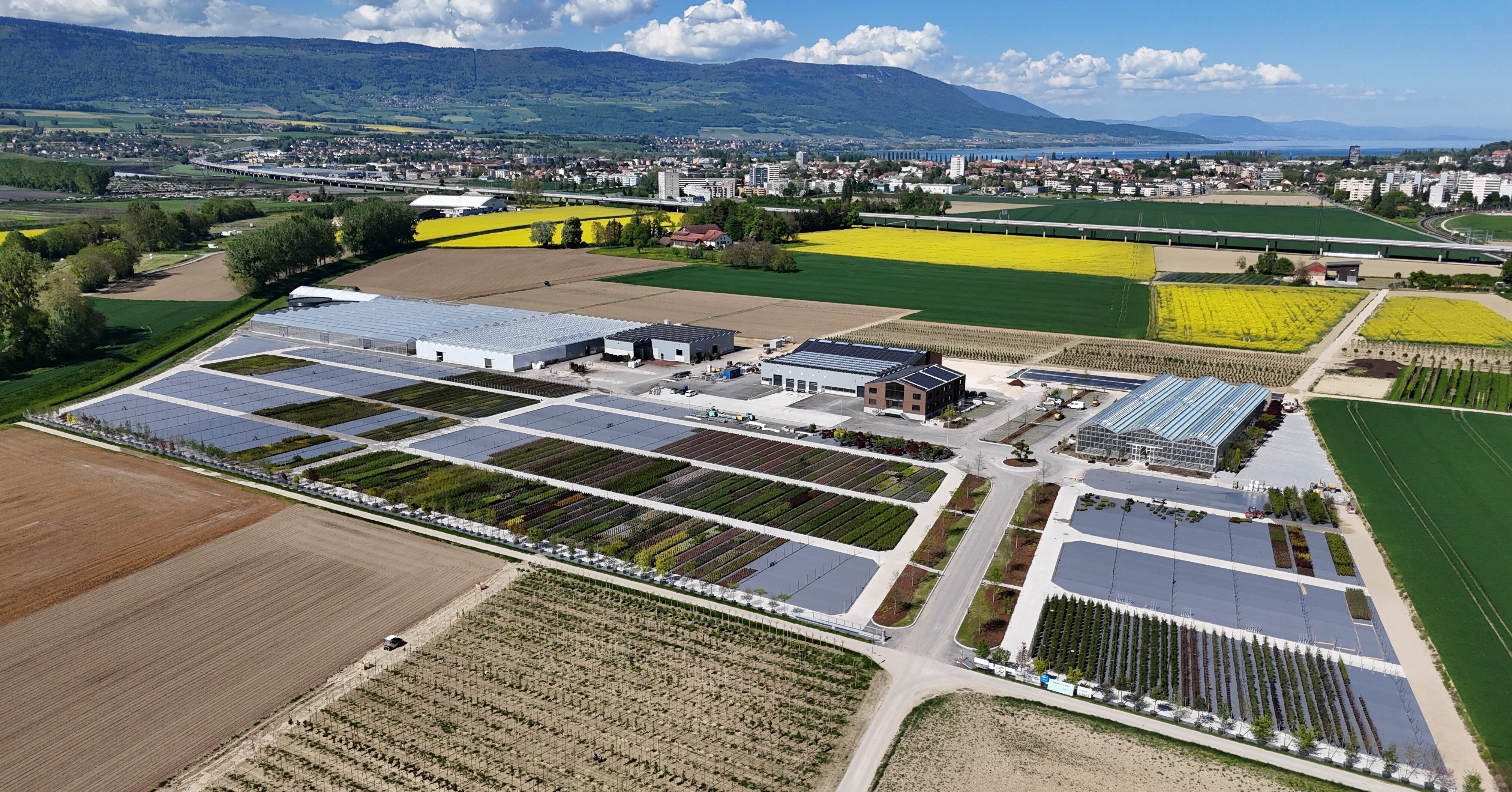- Prefer direct contact? +31 (0)79 593 38 00
- Language: English
How do you make sure irrigation water is guaranteed to be clean?

How do you make sure irrigation water is guaranteed to be clean?
Aug 7, 2023 4:24:56 PM
In addition to sufficient irrigation water, it is also crucial that you have access to clean irrigation water at all times. ErfGoed is happy to work with you in this regard. In an 'ErfGoed Masterplan,' we outline the development of your business and lay down how you can continue to be assured of high-quality water in the future.
But clean water for irrigation also requires continuous attention in your water system. In this blog, we go through the various phases/components of your water system - assuming a situation with an ErfGoedFloor Excellent and associated water technology - and advise on the actions to be taken.
1. Choose the proper filtration method for your situation
The water on horticultural farms comes from various sources. This output water often contains undesirable elements, such as metals or minerals. These can be filtered out using various filtration techniques. Want to know which filtration technique is best for you? Then read this blog.
2. Keep the water as cool as possible
Next, the water is usually stored in basins or silos. In this case, solar radiation can cause algae growth, which is undesirable. To prevent this, it is important to cover the basin or silo and also keep the water moving.
In addition, keep the water as cool as possible (provided your crop allows this, of course), and make sure it contains as few nutrients as possible. These last two issues can also already be partly tackled by a good cover: this lowers the water temperature (after all, there is no more solar radiation).
3. Filter and disinfect the water
The water from the basins and silos flows to the pump units, where it is filtered. The method of filtration depends, among other things, on the irrigation system. For example, when working with drip irrigation, the finer particles will also have to be filtered out of the water to prevent clogging.
In addition, we at ErfGoed always install injection pumps in the pump units, which we use to add disinfectant (stabilized hydrogen peroxide, biologicals, or sometimes chlorine) to the water. We do this to prevent deposits of algae and bacteria - a so-called biofilm - from forming in the pipes.
The fertilizer stock tanks are near the pump units. Here too, algae can thrive, partly because of the large amount of nutrients present. It is, therefore, important to take measures to prevent algae growth. For example, keep the water in the fertilizer tanks moving, keep sunlight out, and prevent the water temperature from rising too high.
4. Use the proper overhead piping
To keep the water clean, above-ground piping also requires attention. To block out the sun and prevent the water from heating up and causing algae growth, we always use a two-layer PVC pipe that is white on the outside and black on the inside in above-ground piping. It is a simple trick to keep algae growth under your thumb.
5. Filtration through rock
Finally, the water ends up in the ErfGoedFloor Excellent. Due to the rock layer consisting of pebbles of different diameters, this floor has a filtering effect. The finer particles and also the organic material are filtered out. As a result, the return water is optically clean and contains no organic material, which can stimulate algae growth. This makes recycling the water easier.
6. Additional filtration in some situations
Sometimes an additional filtration or disinfection step is still necessary before reusing the water. This depends, among other things, on the crop and disease pressure. Want to know which filtration technique is best for you? Read this blog.
Do you want to have direct contact? Please schedule a call here.





